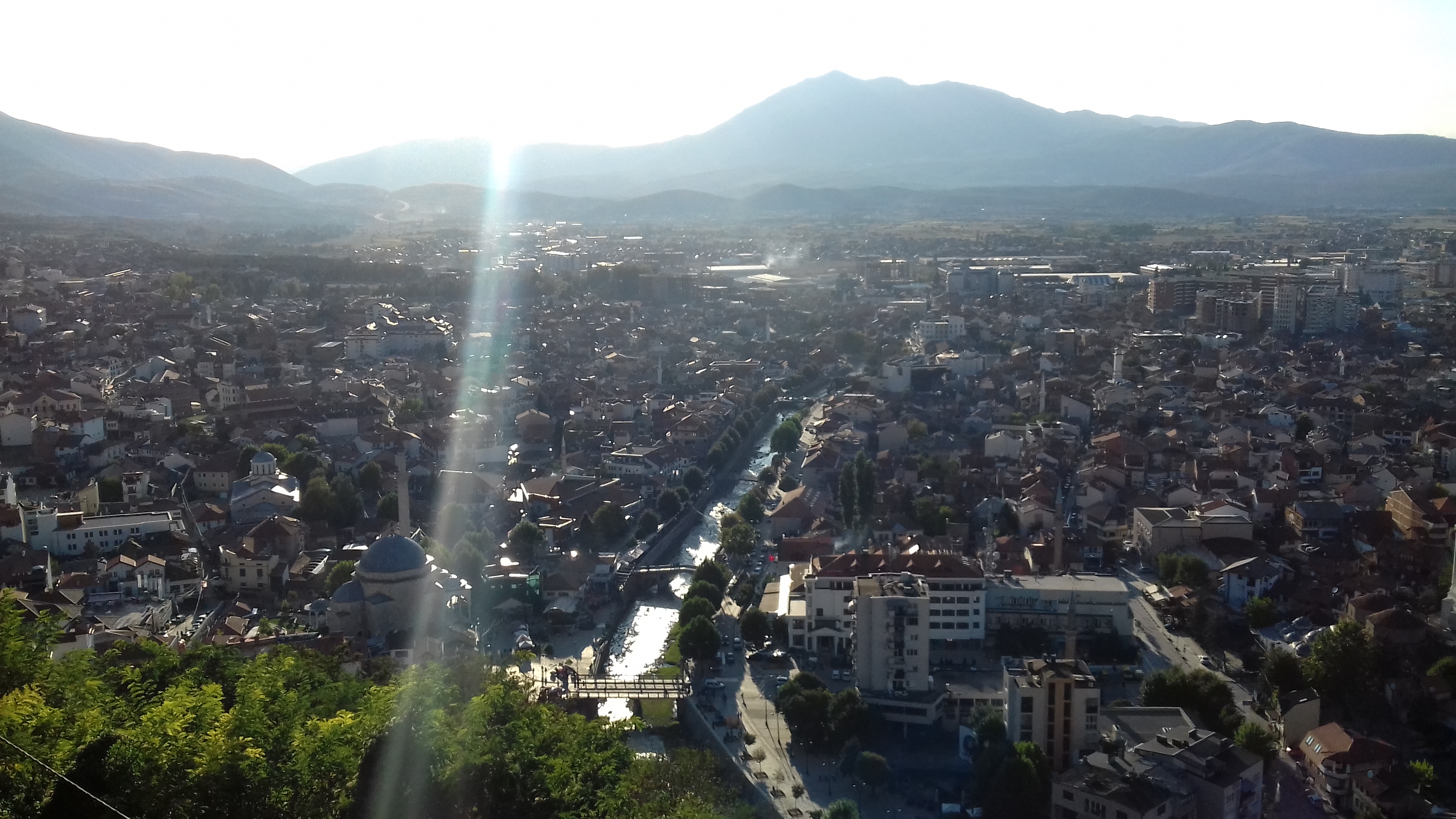The complicated relationship of the EU and its member states vis-à-vis the ‘Western Balkans’ has been the subject of many research projects and conferences. Zooming in on a particularly intricate issue that is “a key priority” for the EU in the region, as Special Representative Miroslav Lajčák reiterated recently during a press conference, my current research takes a closer look at the discourse unfolding in the process of the EU- (and US) facilitated negotiations on normalisations between Serbia and Kosovo.
Enlargement is embedded in a broader EU foreign policy rationale and closely linked to questions of ‘European identity’. At the same time, the Dialogue is directly connected to the accession perspective of both Serbia and Kosovo to the European Union. It aims “to promote cooperation between the two sides, help them achieve progress on the path to Europe and improve the lives of the people” and thus by extension to cultivate in both countries’ societies “in which pluralism, non-discrimination, tolerance, justice, solidarity and equality between women and men prevail”, i.e., the common values established in the Treaty of the European Union.
And yet, when looking at documents and analyses of the negotiations, one finds distinct patterns of ethno-territorial ordering as a decisive factor inhibiting its progress. By this I mean a focus on dividing lines between ethnic groups and ‘their territories’ (including in EU member states) that not only omits alternative readings and solution approaches but also undermines the facilitating parties’ own alleged strategic goals.
Frauke Seebass is a PhD candidate at Andrássy University Budapest, researching developments of foreign policy narratives in the EU towards Kosovo and their consequences. At the same time, she is a non-profit project manager currently working for the German grassroots thinktank Polis180 in the German-Georgian youth project #GEONext – Partnerships for Youth Engagement on cross-sector cooperation for societal change. Frauke has been working on EU neighbourhood policy towards the Western Balkans and the Eastern Partnership countries for several years.
Begin of page section:
Page settings:
End of this page section. Go to overview of page sections
Begin of page section:
Search:
Close
End of this page section. Go to overview of page sections
Search
Begin of page section:
Main navigation:
Page navigation:
- University
University
Developing solutions for the world of tomorrow - that is our mission. Our students and our researchers take on the great challenges of society and carry the knowledge out. - Research Profile
Research Profile
Scientific excellence and the courage to break new ground. Research at the University of Graz creates the foundations for making the future worth living. - Studies
Studies
Where is the best place to study? At the University of Graz. In an inspiring atmosphere of learning and research. With about 120 studies to choose from. For your way to the future. - Community
Community
The University of Graz is a hub for international research and brings together scientists and business experts. Moreover, it fosters the exchange and cooperation in study and teaching. - Spotlight
End of this page section. Go to overview of page sections
Begin of page section:
You are here:
End of this page section. Go to overview of page sections
15.11.2022
13:00 - 14:00
Zentrum für Südosteuropastudien & SOEGA
[0111] Beethovenstraße 8, SR 111.41
Begin of page section:
Additional information:
End of this page section. Go to overview of page sections
End of this page section. Go to overview of page sections
